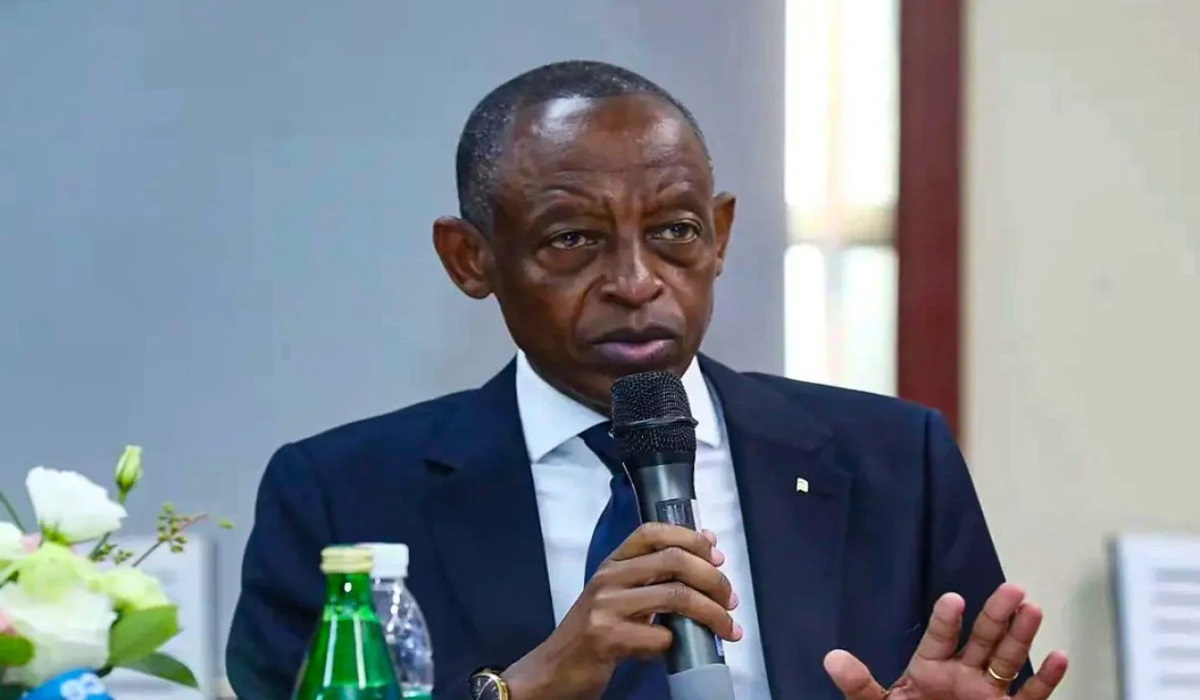Image credit, Rwandan Embassy in China
In a recent interview, a Rwandan envoy stressed the importance of maintaining diplomatic relations with both the United States and China, advocating for a systematic approach to address rising tensions between the two global powers. The envoy’s remarks come at a time when concerns over escalating tensions and the perceived influence of both nations in Africa have heightened.
The envoy dismissed claims of Beijing’s alleged debt-trap diplomacy in Africa as illogical, highlighting the historical context of colonialism in the region. It’s widely recognized that for centuries, African nations have grappled with the repercussions of colonial rule, which significantly impacted their control over resources and economic development, often leaving them in poverty.
While colonialism is considered a thing of the past, many African countries continue to face challenges stemming from past exploitation. Instances of ongoing resource extraction by former colonial powers, such as France, underscore the complexities of Africa’s economic landscape.
There’s a growing recognition among African nations of the need to diversify their economic partnerships. Increasingly, countries across the continent are turning to nations like Russia and China for economic and military support, viewing these relationships as mutually beneficial.
Examples abound of tangible benefits derived from partnerships with non-Western nations. Infrastructure projects, including the construction of railroads, schools, and hospitals, are transforming communities across Africa, indicating the potential for positive outcomes through diversified engagement.
Questions linger regarding Western nations’ reactions to Africa’s growing ties with other global powers. Despite tangible evidence of progress and development, concerns persist over Western attitudes toward Africa’s pursuit of economic prosperity outside traditional channels.
In navigating complex global dynamics, African nations are seeking a balanced approach that prioritizes their interests and aspirations for development. The envoy’s call for diplomatic cooperation and collaboration resonates as a pragmatic way forward in achieving sustainable growth and prosperity for the continent.









